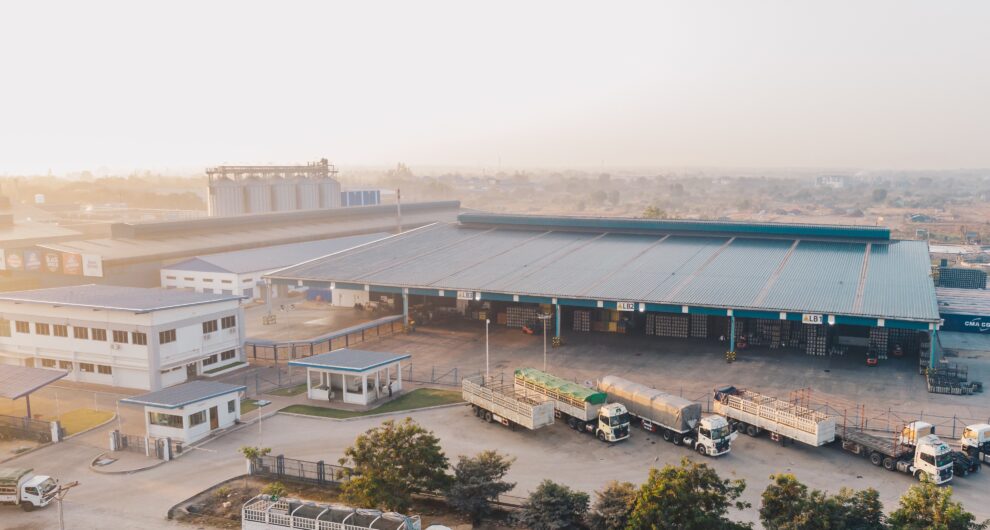Youth Futures Policy Research



About the Youth Futures Policy Research Project
Youth employment is one of Africa’s most pressing development priorities. While the continent’s young population continues to grow rapidly, job creation has not kept pace. As a result, many young people face unemployment or are trapped in low-quality, insecure work. This challenge is compounded by structural barriers in Africa’s economies, fast-moving technological changes, and the constant evolution of labour market demands. Across the continent, millions of young people enter the job market each year, many without the skills that match available opportunities.
In response to the youth unemployment problem in Africa, the Youth Futures Policy Research project aims to generate robust ressearch on how current policies and regulations can be activated to enhance access to dignified and fulfilling work for youths in Africa. The research seeks to uncover how political interests, institutional arrangements, and regulatory frameworks shape youth labour market outcomes. The research further explores what industrial policies and investments are needed to harness the youth potential in the wake of the 4th Industrial Revolution and the evolving digital economy. The research is implemented in eight countries, namely, Ethiopia, Ghana, Kenya, Nigeria, Rwanda, Uganda, Senegal, South Africa. This work is funded by the Mastercard Foundation.
The research is guided by two central questions:
-
How can current policies and regulatory frameworks be activated and enhanced to provide dignified and fulfilling work opportunities for youth in Africa?
-
What industrial and trade policies or plans will enable Africa to leverage its demographic transition, the 4th Industrial Revolution, and the evolving digital economy to create adequate opportunities for youth?
Interventions
Our interventions are organised into two workstreams that respond directly to these questions:
1. Examining the Political Economy of Youth Futures
-
Analyses governance structures, political dynamics, and institutional arrangements shaping youth employment policies.
-
Produces eight country-level political economy analyses.
-
Includes an in-depth case study of Kenya’s gig economy, examining its potential and policy challenges for youth employment.
2. Forecasting Youth Futures in Africa
-
Uses foresight and scenario modelling to identify industrial and trade policies that can unlock opportunities.
-
Develops policy scenarios and investment cases to guide governments on the reforms and financing required for sustainable job creation.
Throughout implementation, youth voices are integrated through Youth Advisory Committees and engagement with youth networks across project countries.
- Eight country political economy analyses of youth employment
- A case study of the gig economy in Kenya, exploring its potential to provide fulfilling and dignified work for youth
- A policy scenarios report forecasting impactful industrial and digital trade plans, policy, and regulatory frameworks to enable Africa to leverage the demographic transition, 4th Industrial Revolution, and the digital economy
- A set of investment cases for implementing forward-looking industrial plans and digital trade plans for each of the three study countries
CAP-Youth Empowerment Institute (CAP-YEI)
CAP-YEI leads stakeholder mobilisation, engaging out-of-school youth, private sector actors, and TVET agencies, and facilitates the Youth Advisory Committee to ensure youth voices shape research and policy outcomes.

